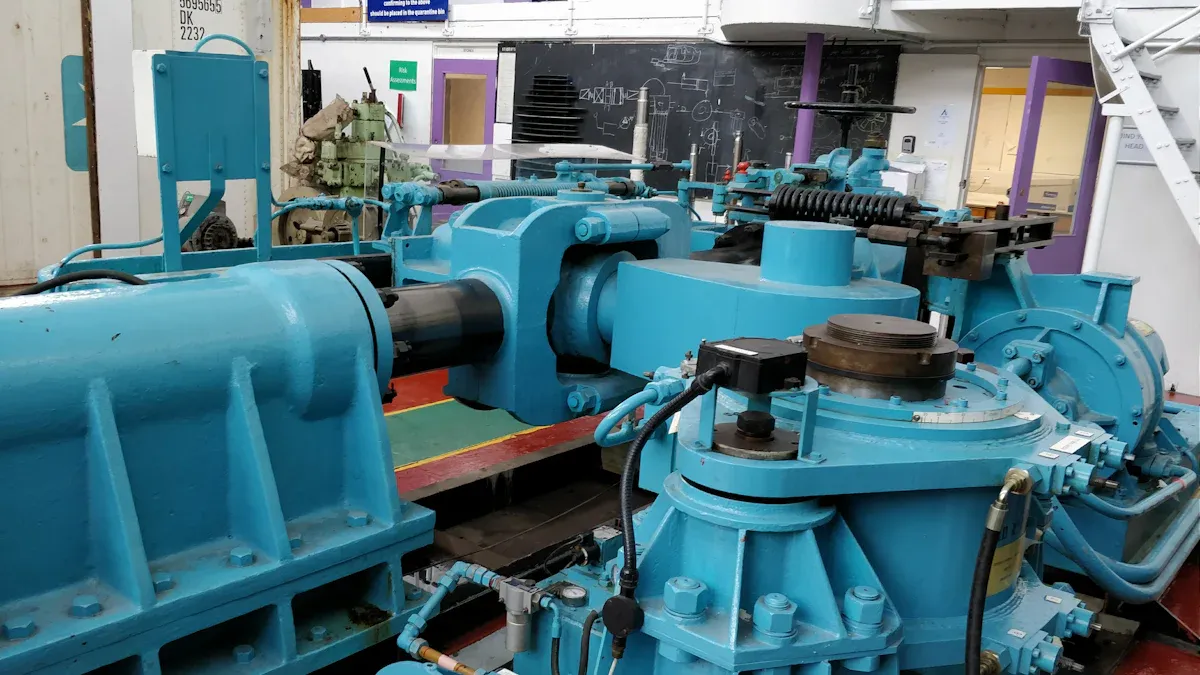In the realm of materials science, the quest for finding a lightweight material stronger than steel has always been a fascinating journey. The need for such materials is driven by various industries, including aerospace, automotive, and construction, where the strength-to-weight ratio is a critical factor. This article will delve into some of these materials that have proven to be stronger than steel, yet significantly lighter.
- Carbon Fiber Composites: The Power of Carbon
Carbon fiber composites are renowned for their exceptional strength-to-weight ratio, surpassing that of steel. These materials are composed of carbon atoms bonded together in crystals that are more or less aligned parallel to the long axis of the fiber. The alignment gives the fiber high strength-to-volume ratio, making it extremely strong for its size. Carbon fiber composites are extensively used in the aerospace industry, high-performance vehicles, and sports equipment due to their superior strength, stiffness, and lightweight properties.
- Graphene: A Revolutionary Material
Graphene, a single layer of carbon atoms arranged in a two-dimensional honeycomb lattice, is another lightweight material that is stronger than steel. It is about 200 times stronger than the strongest steel of the same weight. Its unique properties, such as high thermal and electrical conductivity, flexibility, and transparency, make it a promising material for various applications, including electronics, energy storage, and sensors.
- High-Strength Aluminum Alloys: The Metal Marvel
High-strength aluminum alloys have been developed to compete with steel in terms of strength while being significantly lighter. These alloys are created by adding elements such as copper, zinc, magnesium, and silicon to pure aluminum. The resulting material exhibits increased strength, corrosion resistance, and ductility. High-strength aluminum alloys are widely used in the automotive and aerospace industries, where weight reduction is crucial for fuel efficiency and performance.
- Titanium Alloys: The Space Age Material
Titanium alloys are renowned for their high strength, low density, and excellent corrosion resistance. They are about half as heavy as steel but just as strong. These properties make titanium alloys ideal for aerospace applications, including aircraft structures and engines. They are also used in medical implants due to their biocompatibility.
- Advanced Ceramics: The Hardened Heroes
Advanced ceramics, such as silicon carbide and boron carbide, are incredibly hard and lightweight materials that are stronger than steel. They exhibit excellent thermal stability, making them suitable for high-temperature applications. These ceramics are commonly used in ballistic armor, cutting tools, and aerospace components.
In conclusion, the quest for lightweight materials stronger than steel is a dynamic and ongoing process, driven by technological advancements and industry demands. These materials, with their unique properties, are shaping the future of various industries, pushing the boundaries of what is possible. However, it's important to note that the choice of material depends on the specific application and the balance between strength, weight, cost, and other properties.



More Stories
Dual Slot Diffuser for Seamless Architectural Air Distribution
Heavy-Duty Spray Booths for Truck and Bus Painting Solutions
Maximize Retail Efficiency with Corton Flow Shelving Solutions